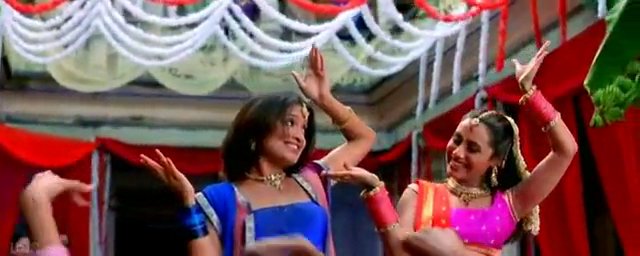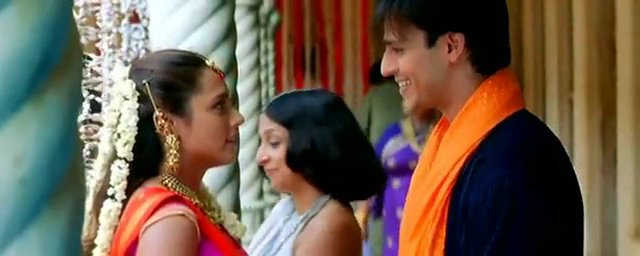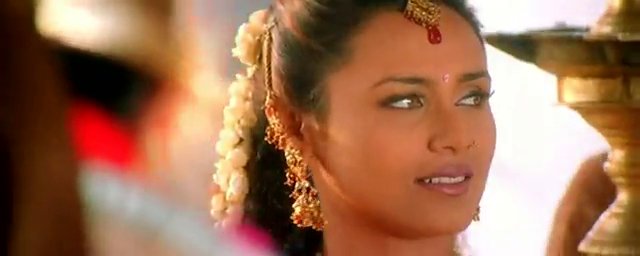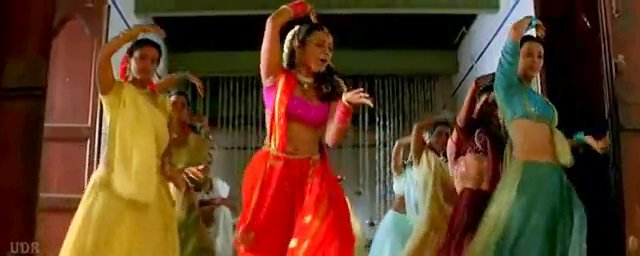
Table of Contents
The phenomenon of the various regional language film industries feeding material to the Hindi film industry in Bombay, and vice-versa, has been going on for a long time. In a country so diverse in its cultures and languages, it was always been natural to translate what works from one market into another market in the hopes of recapturing its success. In the early 90s, A. R. Rahman‘s music made it to a wider audience through very much this same process, of Tamil films being dubbed for a Hindi audience. By the early 2000s, while A.R. Rahman was still being translated to Hindi on occasion, there was a small surge of remakes instead of the dubs. The Hindi film industry was going through a small resurgence and the larger budgets meant remaking a film with more recognisable cast and in recognisable settings for the Hindi audience was a viable and attractive option. Chalka chalka re from the 2002 film Saathiya was one such song translated into Hind in a remake of a Tamil film (Alaipayuthey).

Chalka Chalka Re – The Song
Cinematographer Anil Mehta, carrying forward his mastery of the camera from such works as Lagaan and Agni Varsha makes this one of the most colourful, kinetic and also down-to-earth Hindi songs in the visual department. The whole thing is shot in an old-style house with a central courtyard with verandas over-looking it, and the camera is always cleverly placed in very human positions, sweeping through the courtyard with the crowds, or looking over them from the balustrades above. These choices give this song a very human look, and you feel swept up in the celebration on screen as a guest at this wedding. Shaad Ali made his debut as director with this film, and with it established a certain lush visual style that has remained a trademark even in the films that followed. He brought to this a sort of modern and urban-aware rusticity that bridged the many worlds within India, in the viewer’s mind.

The actors on screen do much to support and encourage the colour and dramatic realism of this song. Vivek Oberoi is quite convincing as the over-enthusiastic Romeo of the piece, Sandhya Mridul brings to it, and the film as a whole, a charming stability, and Rani Mukherji, the star attraction of this setup, never makes it boring to not be able to take your eyes off her. There have been few actresses in Hindi film history with this amount of sheer flamboyant screen presence, and it can be safely said that even now, a decade later, no one dances like Rani Mukherji. Here following Saroj Khan‘s expertise in traditional dance choreography, she really sets the screen alight in her graceful movements and playful antics.

In the music department, this is A. R. Rahman at arguably his best, mixing traditional rhythms and sometimes discordant sounds and effects with a very modern instrumentation and sound-scape in the more bass layers of the background melodies. This is meant to be a very traditional-style wedding song sung by the bride’s friends with plenty of playfulness, humour, and emotion. The voices of Mahalaxmi Iyer, Richa Sharma, Shoma Banerjee and Vaishali Samant do make this truly sing. And I can think of no one who could have matched Gulzar‘s talent at taking an existing tune meant for Tamil and fitting the often beautiful and sometimes strange Hindi lyrics into it to make it all sound perfectly natural, including pieces such as:
Gudda bole jana nahi
Guddii bole jana nahi
Sakhii bole bas ek din kal ka …
My dolls told me not to go
My toys asked me to stay
My friends said I should wait another day or so
Chalka chalka re is one of favourite songs set in a wedding, certainly one of my favourite A. R. Rahman songs, and one of the best excuses to witness the magic of Rani Mukherji on screen. With so many not-so-glamourous reasons to enjoy it, it’s one of those songs that will never be on the tops of people’s lists, but will always have its appreciative audience smiling to the tune and loosing themselves in the playful melody.